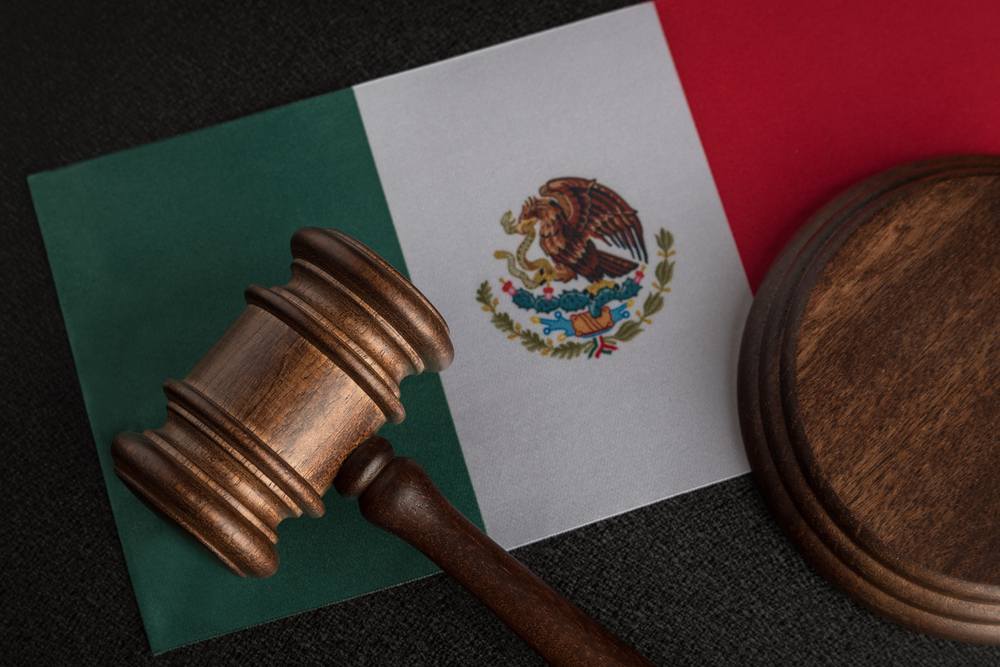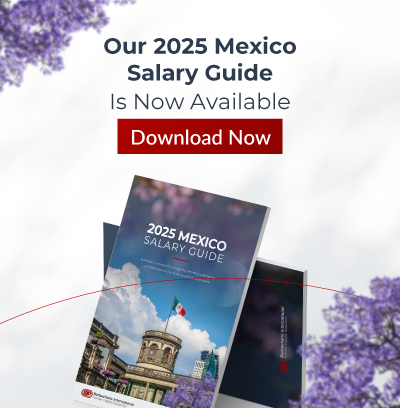
In an effort to protect both workers’ and employers’ rights, the Mexican government has instituted some significant employment changes that will take effect in 2023 and impact companies and their employees. Companies will be required to implement correct labor practices in order to avoid legal repercussions, prevent disputes, or resolve them quickly if/when they occur. Let’s go over some of the most significant changes.
Union Changes
Unions play a large role in the labor force; their purpose is to advance workers’ interests in terms of wages, schedules, benefits, working conditions, etc. After several years of debate, Mexican president Andrés Manuel López Obrador signed a reform bill into law on May 1, 2019. The new law will go into effect in May of 2023 and its reforms include:
- Eliminating all forms of forced or compulsory labor
- Protecting worker’s rights to organize, form, and join their choice of union(s)
- Prohibiting employer discrimination, coercion, or interference in union activities
- Allowing workers to personally, freely, and anonymously vote for union elections and agreements
- Establishing and maintaining independent and impartial organizations to register union elections and resolve disputes
- Establishing independent labor courts
Recently, the Independent Mexico Expert Labor Board (IMLEB), created by Mexico’s Congress as a result of the USMCA agreement, concluded that up to 75% of collective bargaining agreements in Mexico are fictitious and do not accurately reflect the wishes of workers.
Under Mexico’s new law, Mexican workers can finally choose unions. The unions will have to earn the support of at least 30 percent of the workers in a workplace before they are formally recognized. The local labor boards will be replaced by a national registry and specialized courts — changes that are designed to remove political influence. Companies are also required to legitimize collective bargaining agreements before May 1, 2023.
Outsourcing Changes
As a result of personnel outsourcing abuses that led to loss of labor benefits for outsourced workers (seniority, vacation days, severance pay, etc.) as well as an annual loss of 21 billion pesos to Mexico’s social security system, the Mexican government amended its personnel outsourcing laws in 2021 and for the most part banned the practice of personnel outsourcing, with some exceptions. The following table was sourced from Bind ERP, and we modified it to outline the changes:
|
Legal Framework for Labor Subcontracting in Mexico |
|
|
Central Reform |
|
|
Contractor Requirements |
|
|
Implications for companies in general |
|
Telework Changes
Because of remote work’s continuing growth, the Mexican Official NOM-037 has made some modifications with the intent of regulating teleworking safety and health conditions. Although some adjustments are still expected in this legislation, it will go into effect in 2023.
The new standard requires employers to provide adequate connectivity and safe working conditions for their workforce (reliable electricity, lighting, ergonomics, etc.), establish a written policy that delineates risk prevention strategies (including risk of isolation), define the expected work schedule, and explain supervision plans.
On their part, employees must comply with their employer’s Telework Policy. If they don’t, employers are allowed to cancel the telework contract and require the employee to resume workplace attendance. Additionally, teleworkers are responsible to maintain company equipment and furniture, report any changes in their health or physical address that would prevent them from working remotely, and inform their employers of any hazards they encounter in their workspace.
Pension Reform
Mexican pension contribution rates are some of the lowest in the world. As of January 1 of this year, employers are required to gradually increase their contribution toward their employees’ retirement funds (defined contribution plan). By the year 2030, they are required to have increased their contribution from 5.15% to 13.87% of an employee’s salary.
Additionally, the reform reduces the number of weeks required to access a pension from 1250 to 750. It also raises the guaranteed pension amount, the contribution that the government contributes over an eight year period, and reduces the fees (from 1% to a maximum of 0.7%) that AFORE (Mexico’s retirement funds administrators) charges.
Vacation Days
Under Articles 76 and 78 of the Federal Labor Law, Mexico has increased paid vacation days. Effective January 1, 2023, employees in Mexico who have been working at their jobs for at least one year are entitled to 12 working days of paid vacation per year. This allotment will increase by two working days for each subsequent year of employment until it reaches 20 days. After six years, paid vacation days will increase by two days for every five years the employee continues to work at the same job. Companies and workers alike should be aware of these changes to assure they remain compliant with the law and reap the benefits intended for both sides.
Companies operating in Mexico should review all labor and employment changes in 2023 to make sure they are compliant and are not penalized.
By Barbachano International Staff
Barbachano International is the premier executive search and leadership advisory firm in the Americas (USA, Mexico, Canada, and Latin America) with a focus on diversity and multicultural target markets. Outplacement and Exe

